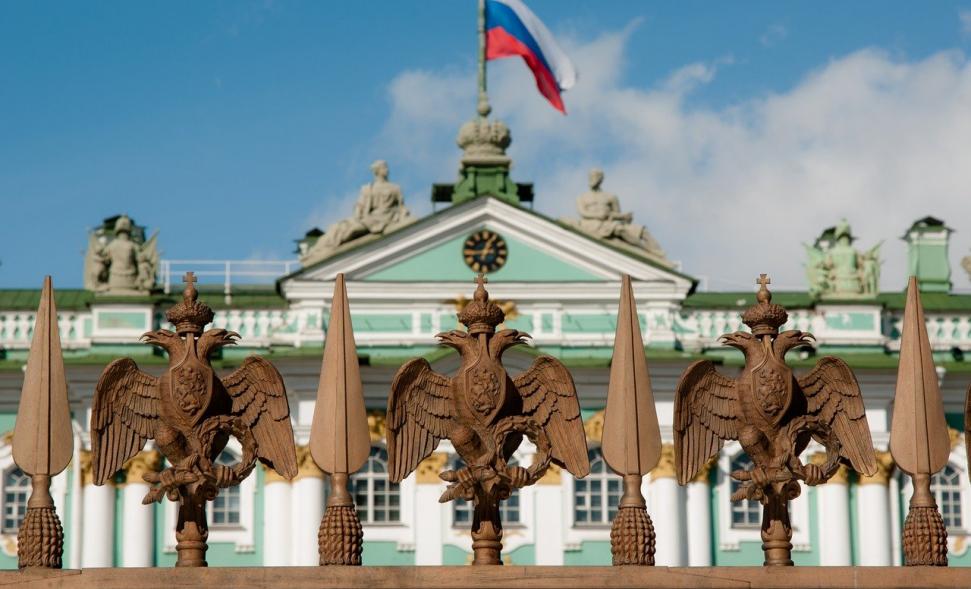
Summary
- Growing concerns over EU dependency on energy imports led to the formation of the EU’s Energy Security Strategy and the Energy Union policy, aiming to improve all aspects of energy policy from reducing emissions of greenhouse gas to the reduction of its dependency on imported energy.
- Kremlin’s overall energy efforts have been focusing on maintaining energy sales revenues from the European markets while avoiding Ukraine.
- Russia’s security objectives in relation to its energy export capacity are expressed primarily through the materialisation of two major natural gas pipeline systems, namely the Nord Stream 2 and the TurkStream pipelines.
- EU’s Energy Union policy includes regulatory instruments that, while initially built to address internal issues within the EU borders, possess elements of 'externality' with a direct effect on EU energy relations with third parties.
- A decision in 2019 by the Court of Justice of the European Union ruled that Gazprom could not use the extended capacity of the OPAL pipeline as an extension to Nord Stream 1; in May 2020, the German Energy Regulator rejected the application of Nord Stream 2 AG for derogation from regulation for the section of the Nord Stream 2 pipeline located in German territory. Both Nord Stream 2 and the second line of the TurkStream pipeline have been subject to sanctions by the United States.
- The EU’s path towards a cleaner, more sustainable energy future, leads to a sensitive and critical transition period during which natural gas holds a key role for the stability of its energy systems; but if Russia wants to maintain its level of natural gas sales in the European Union, it needs to fully comply with the EU’s energy regulatory framework.
First published on
ELIAMEP




